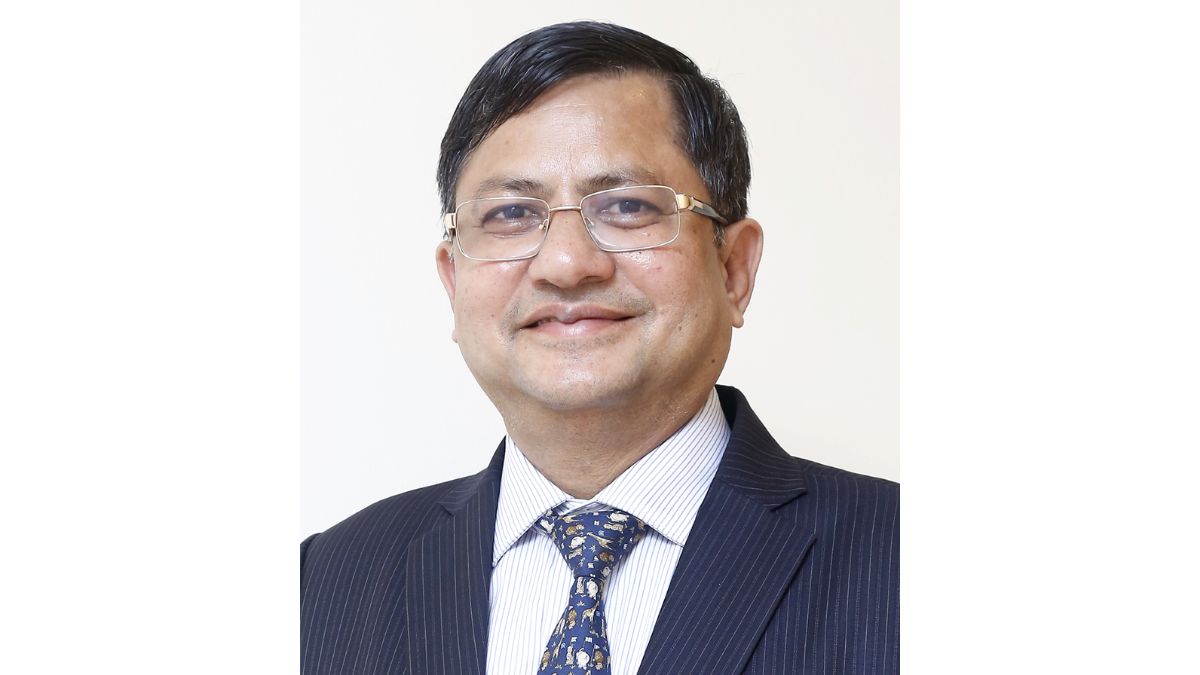Royal Cosmognathics Pioneers Cutting-Edge Mouth Cancer Treatment with CBCT Technology – Primex News Network

Dr. Chirag Chamria, Oral & Maxillofacial Surgeon
New Delhi (India), February 17: Royal Cosmognathics is revolutionizing the treatment of mouth cancer with its innovative solutions. Led by Dr. Chirag Chamria, the team uses cone beam computerized technology (CBCT) to carry out 3D scans of the cancer-treated jaw and surrounding structures for accurate surgical planning. The Institute is addressing a growing concern in India, where 30% of all cancers in the country are from the head and neck region, largely due to the widespread use of tobacco, betel nut, and paan, as well as smoking and alcohol abuse.
Oral cancer can be successfully treated in its early stages, but the patient’s quality of life can be affected due to jaw removal. The Institute’s precise treatment planning and advanced technologies, such as surgical guides, stents, and the PEEK Framework, are helping to restore the lost jaw and complete mouth restoration. In cases of recurrent oral cancer, the institute’s team uses a special workaround.
Dr. Chamria explains the benefits of CBCT technology in his YouTube video, mentioning that oral cancers are very curable in the first and second stages, and the precise technology not only benefits dental implants but also completes mouth restoration. The use of tobacco has severe consequences for oral health, causing mouth cancer, with cigarette smoking causing the deadliest form of oral cancer, squamous cell carcinoma. The aim is not to ‘Fight Cancer’; Rather ‘Reconstruct what is lost’ ~ Dr. Chirag Chamria Rehabilitation after oral cancer surgery is crucial to restoring facial aesthetics, lip function, clarity of speech, a stable dentition, and the ability to swallow. Craniofacial prostheses can also be used to restore tissue loss and improve the patient’s quality of life. Staying hydrated, eating a healthy diet, and communicating with healthcare providers can help manage any difficulties after surgery.
Quality of life after oral cancer
The taste and feel of food after oral cancer surgery is unique. Understanding what to expect, learning about the different types of surgery, and knowing what you are likely to experience As a result, it can help ensure you’re prepared for that first bite. You may be able to eat some foods as early as day one. However, if your surgery involves removing a large portion of the inside of your mouth or tongue, eating may be difficult for some time. If you’ve had radiation treatment, it can take even longer for your sense of taste to return. Understanding what to expect will help make those first few days post-surgery much more manageable.
What happens to taste after oral cancer surgery?
Oral cancer surgery can do a number of things to the taste and texture of food in the mouth. It may make food taste metallic, like metal or blood, or it may make food not taste like anything at all. In some cases, the tongue is removed completely, and there is no sensation for more than two months. It is a partial myth that taste sensations are only located on the tongue. Research shows that the tongue contains the majority of the taste buds. However, about 10% of taste buds are also found along the mouth. In cases of injury or damage to the tongue, these other taste buds become active. This may provide a more realistic taste. Taste changes after oral cancer Food may taste different than before, especially bitter, sweet, and salty foods. Some foods may taste bland, and some may feel the same. You may experience a metallic or chemical taste in your mouth, particularly after eating meat or other protein-containing foods.
How long does it take to feel normal?
Different people experience different levels of difficulty after surgery. In some cases, your mouth may be numbed or you may not be able to taste food. Other times, you may experience difficulty swallowing. It can take anywhere from a few weeks to a few months for the taste and feel of food to return completely to normal. The most important thing is to start slowly and not expect too much, or too soon. It’s also important that you continue making healthy food choices during this time period. Make sure that you are getting enough protein and other nutritional foods in order to maintain your weight and health while recovering.
The rehabilitation after oral cancer includes:
Restoration of the dental and facial aesthetics in inpatient
Retaining or restoring lip function and clarity of speech
Restoring stable dentition and the ability to swallow
In conclusion, The Royal Cosmognathic Institute is leading the way in mouth cancer treatment with its innovative solutions and precise technology. The institute is helping to restore the quality of life for patients affected by oral cancer.
For more information, please visit: https://cosmognathic.com/ or https://www.facebook.com/royalcosmognathics?mibextid=ZbWKwL
If you have any objection to this press release content, kindly contact pr.error.rectification[at]gmail.com to notify us. We will respond and rectify the situation in the next 24 hours.

Atul Tiwari is a seasoned journalist at Mumbai Times, specializing in city news, culture, and human-interest stories. With a knack for uncovering compelling narratives, Atul brings Mumbai’s vibrant spirit to life through his writing.





